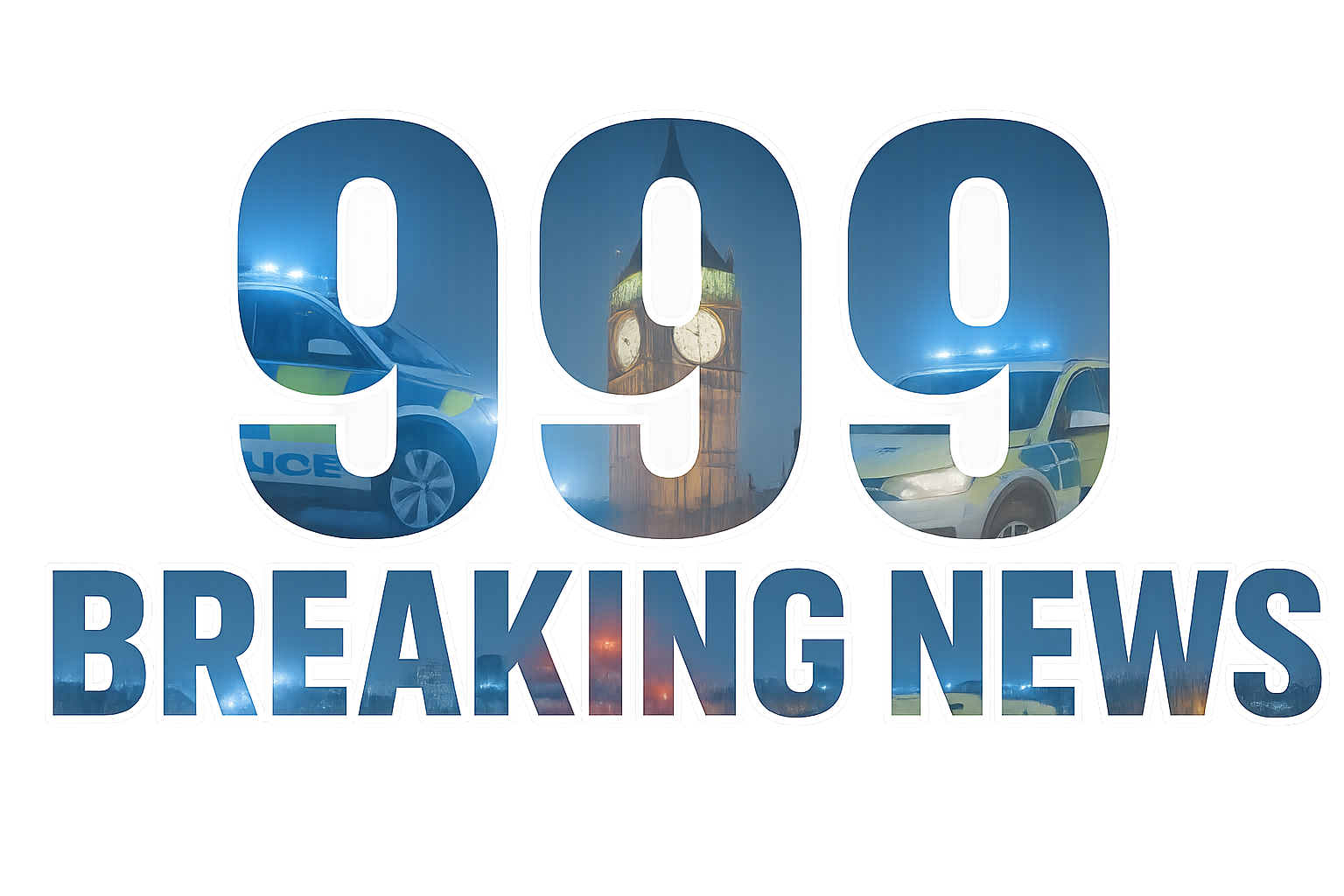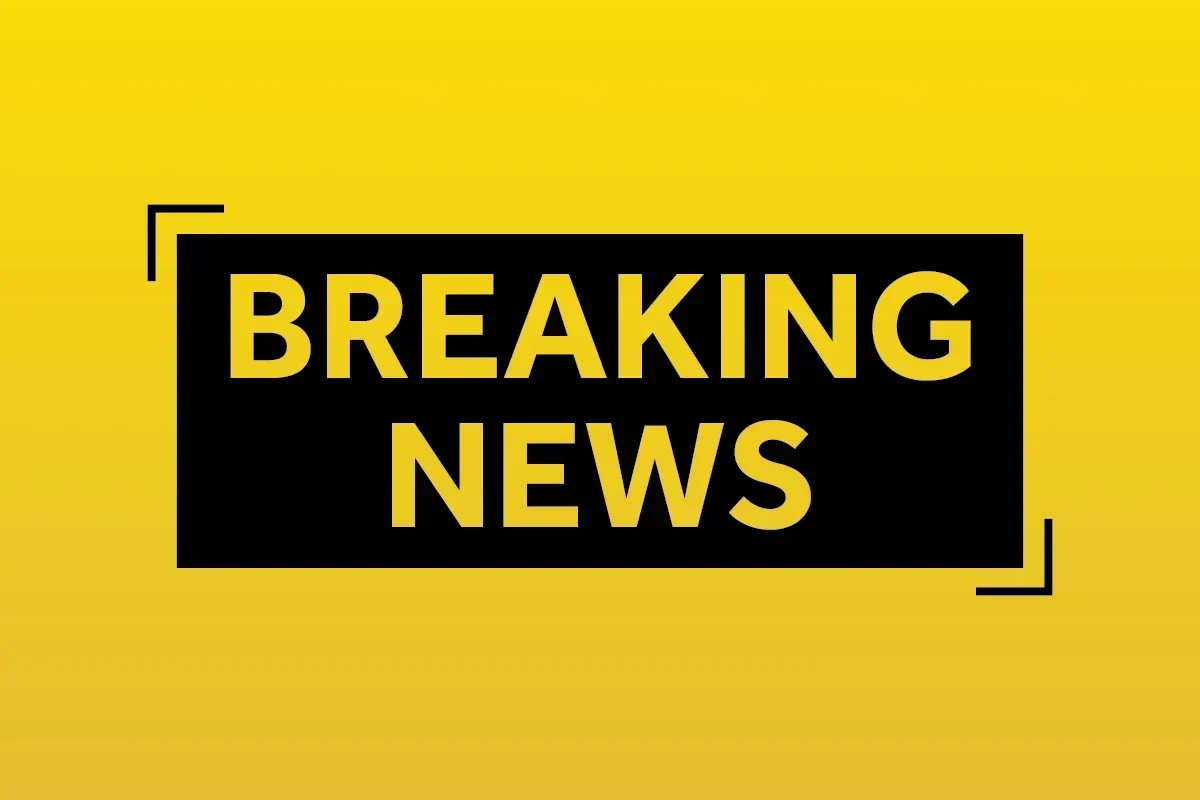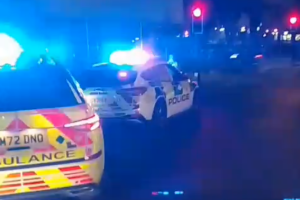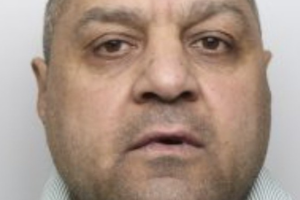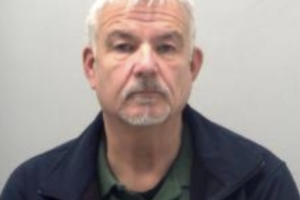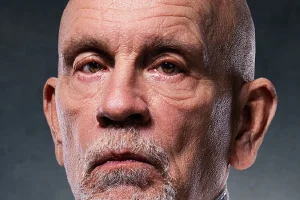U.S. President Joe Biden has announced a historic ceasefire agreement between Israel and Hezbollah in Lebanon, bringing an end to months of conflict along the Lebanese-Israeli border. The truce is set to take effect at 4 a.m. local time on Wednesday, November 27.
Key Details of the Agreement
- Israeli Forces to Withdraw: Under the deal, Israeli troops will gradually withdraw from southern Lebanon over the next 60 days, allowing the Lebanese Army to reclaim control of the area.
- Implementation of UN Resolution 1701: The agreement is rooted in UN Resolution 1701, which mandates that only the Lebanese Army and UN peacekeeping forces operate south of the Litani River.
- Focus on Lasting Stability: The deal is designed as a “permanent cessation of hostilities”, with Hezbollah and other armed groups barred from the region.
President Biden stated, “This agreement heralds a new start for Lebanon, allowing its people to regain security and sovereignty while ensuring Israel’s right to defend itself if the terms are breached.”
International Support
The agreement was brokered with assistance from France and the United Nations, with global leaders welcoming the development:
- Lebanese Prime Minister Najib Mikati praised the deal as a fundamental step toward calm and stability.
- European Commission President Ursula von der Leyen and UK Prime Minister Keir Starmer called it “long overdue” and vital for restoring peace in the region.
- French President Emmanuel Macron emphasized France’s ongoing support for the agreement’s implementation.
Recent Escalations
The ceasefire follows a period of intense conflict, with Israeli strikes on Beirut’s southern suburbs killing at least 25 people on Tuesday alone, according to the Lebanese health ministry. The strikes marked one of the most severe bombardments in recent months.
Broader Implications
The Biden administration hopes the agreement will serve as a “game-changer” in the Middle East, with potential ripple effects in Gaza and renewed efforts for regional peace. Biden emphasized the U.S. will also push for a ceasefire and hostage deal in Gaza amid ongoing violence between Israel and Hamas.
Challenges Ahead
While the deal has been met with cautious optimism, Israeli President Isaac Herzog and others have stressed the importance of ensuring long-term security for residents of northern Israel. Critics in both nations remain skeptical about the durability of the truce, with concerns over Hezbollah’s ability to regroup.
What’s Next
As implementation begins, the Lebanese Army will assume control of southern Lebanon, working with UN peacekeepers to ensure the removal of Hezbollah’s military infrastructure. Both nations will work with international partners to rebuild affected areas and support displaced communities.
Further updates are expected as the ceasefire takes hold and both sides navigate the challenges of rebuilding trust and stability.
